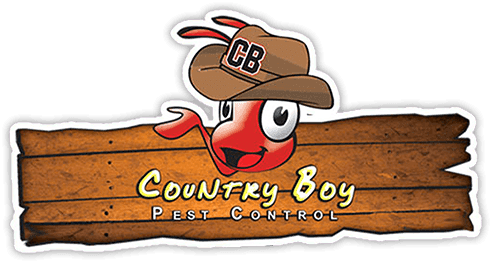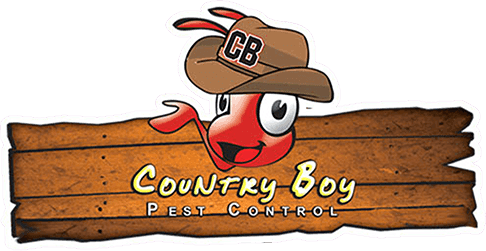Pest Control Tips For Weathering Florida Storms
Tropical storms bring their fair share of challenges, from power outages to property damage, but one aspect that often gets overlooked is pest control. At Country Boy Pest Control, we understand that these storms can disrupt not only your life but also your pest control efforts. Here’s a comprehensive guide on how to handle pest issues during and after a tropical storm, ensuring your home remains pest-free regardless of the weather.
Understanding the Impact of Tropical Storms on Pests
Tropical storms create an environment ripe for pest problems. Heavy rains, flooding, and high winds can drive pests indoors or displace them from their usual habitats. Common issues include:
Rodents: Mice and rats seek shelter from rising waters and wind, often finding their way into homes.
Mosquitoes: Standing water from heavy rains provides perfect breeding grounds for mosquitoes.
Ants: Flooded nests can push ants into homes, searching for dry ground and food.
Cockroaches: Like rodents, cockroaches move indoors to escape the harsh conditions.
Pre-Storm Preparations
Before the storm hits, there are several proactive measures you can take to minimize pest problems:
Seal Entry Points: Ensure all cracks, gaps, and holes in your home’s foundation, walls, and around windows and doors are sealed. Pests can squeeze through surprisingly small openings.
Elevate Food Storage: Keep food in sealed containers and store it on high shelves to prevent pests from accessing it.
Clean Up Outdoor Areas: Remove debris, such as fallen leaves and branches, that can harbor pests or create potential entry points into your home.
Secure Trash Bins: Ensure all outdoor trash bins are tightly sealed to avoid attracting pests like rodents and insects.
During the Storm: Managing Immediate Pest Concerns
While the storm is ongoing, focus on keeping pests at bay with these tips:
Monitor for Intrusions: Keep an eye out for any signs of pests trying to enter your home. If you spot any, address the issue immediately.
Maintain Dry Conditions: Use dehumidifiers and fans to keep indoor spaces dry. Pests like cockroaches thrive in damp environments, so reducing moisture can help deter them.
Check for Leaks: Inspect your home for leaks or flooding that might create new pest habitats and address these issues promptly.
Post-Storm Recovery and Pest Control
Once the storm has passed, take these steps to address any pest issues that may have arisen:
Inspect for Damage: Check your home for any storm-related damage that might create new entry points or pest habitats. Repair any damage as soon as possible.
Remove Standing Water: Mosquitoes breed in stagnant water, so eliminate any standing water around your property, including in gutters, plant saucers, and puddles.
Clean and Sanitize: Thoroughly clean your home to remove any food debris or water that pests might be attracted to. Pay special attention to areas affected by flooding.
Assess and Treat Pest Infestations: If you notice any signs of a pest infestation, such as droppings, nests, or unusual activity, contact professionals at Country Boy Pest Control to assess and treat the problem.
Long-Term Pest Management
To keep your home pest-free in the long run, consider implementing these ongoing pest management strategies:
Regular Inspections: Schedule regular pest inspections with Country Boy Pest Control to catch any issues before they become major problems.
Routine Maintenance: Keep up with home maintenance tasks, such as sealing cracks and keeping your property clean, to prevent future infestations.
Tropical storms pose significant challenges, but with proactive measures and proper pest control practices, you can protect your home from pest invasions during and after the storm. At Country Boy Pest Control, we’re here to help you navigate these challenges and ensure your home remains safe and pest-free. If you have any pest control concerns or need professional assistance, don’t hesitate to reach out to us. Stay safe and prepared!


